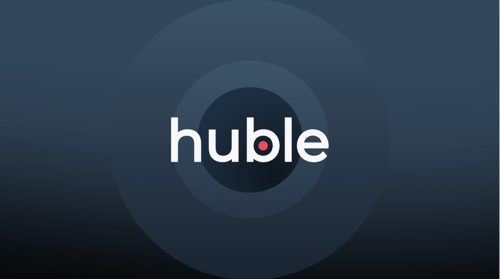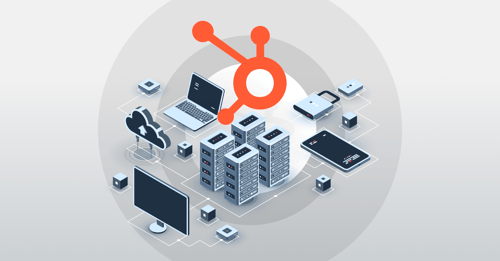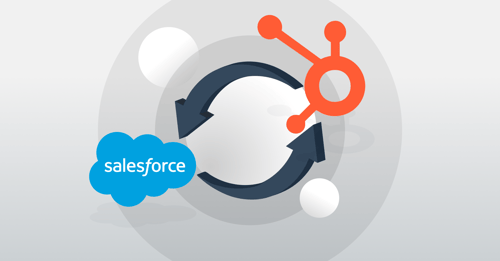Google launched their search engine algorithm, Penguin (initially known as their Webspam Update), back in 2012 in an attempt to improve search engine results by dissuading, penalising and catching websites participating in ‘unethical’ website practices. Penguin namely focuses on link quality and devaluing pages which partake in ‘spammy’ link practices. For example, websites that have purchased links and participated in link-building, link-farming or blog spamming could potentially find themselves being penalised and no longer ranking for search terms. According to Moz:
“Google changes its search algorithm around 500-600 times a year – and while most of these changes are minor, Google occasionally rolls out a “major” algorithmic update (such as Google Panda and Google Penguin) that affects search results.”
In the past, the Penguin algorithm worked on a periodic basis, crawling websites to ascertain whether or not they have ‘bad’ link practices in place, then adjusting their rank accordingly. Now, the ‘Penguin’ algorithm operates in real-time (which was predicted earlier this year), by crawling websites, indexing them and then refreshing them. This means that any web pages participating in illegal SEO activities, (such as the aforementioned artificial link building) will have that page devalued and its ranking adjusted accordingly, rather than unnecessarily impacting the website as a whole.
In that respect, Google’s update to the Penguin algorithm is far more intricate and granular in that it no longer punishes an entire website for illegal SEO activities, but rather individual web pages, by judging them based on spam signals.
As part of Google’s core algorithm, the Penguin algorithm is expected to work consistently by itself, without the need for external influences. Meaning that we will no longer receive regular ‘updates’ as it will be working silently in the background of the web. Though if you want the complete updated history of Google Penguin, you can find it here.
But does the Penguin algorithm update bring any advantages?
Having real-time updates to your links will enable webmasters to determine what they need to remove to ensure they’re in line with Google’s Webmaster Guidelines, rather than waiting weeks for a search algorithm refresh. This gives webmasters more clarity surrounding why they were penalised, as well as the opportunity to fix their pages without losing a significant amount of traffic – as it’s not the whole website being evaluated.
Similarly, as the algorithm is real-time, it means that fresh, quality content with reputable links stands to achieve a good ranking, as you’ll be rewarded right away by Google.
In many respects, nothing’s changed – has it?
It’s always been the case that using unethical SEO practices (in this case artificial links) to establish credibility was always going to result in a negative impact on your website, or web page. Unfortunately, there are no ‘Quick-Fix SEO’ solutions that actually benefit you in the long term. Just like a quick adrenaline rush from a cup of coffee, for example, Black-Hat SEO techniques tend to quickly lose their potency.
In that essence then, building quality, natural links through excellent, well-researched content is (and has always been) the way to go for building a strong website. With the transition from periodic Penguin updates to a ‘real-time’ Penguin algorithm, websites which promote, create or share excellent content will certainly reap the rewards of their efforts.







-3.png?width=500&height=320&name=Matt%20-%20imagery%20bank%20(8)-3.png)




